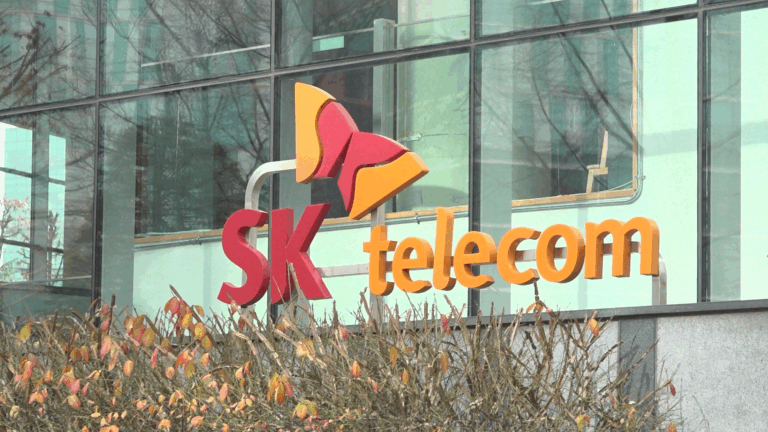President Donald Trump recently announced a large-scale artificial intelligence (AI) project, expressing a strong commitment to reclaiming America’s leadership in the AI industry. According to the announced plan, President Trump stated that he would establish a joint venture called “Stargate” in collaboration with OpenAI, the developer of ChatGPT, Japan’s SoftBank, and America’s Oracle.
Through this project, President Trump aims to raise an investment fund of $500 billion (approximately 718 trillion KRW) to strengthen AI research and development infrastructure and build data centers across the United States. The first phase of the project will begin with the construction of a data center in Texas, which will later expand nationwide. It is expected that this project will create more than 100,000 jobs, significantly increasing the economic value generated by AI technology.

President Trump emphasized that this project is not merely about economic outcomes but will play a pivotal role in securing national security and technological supremacy for the United States. In particular, he stressed the necessity for the U.S. to establish clear leadership in AI technology to counter global competitors, including China. He reiterated the importance of the project, stating that this investment is about “bringing money that would have gone to other countries back to America.”
However, concerns have also been raised regarding this large-scale development plan. Some experts warn that if ethical issues and safety measures are not sufficiently considered in the AI development process, technological advancement could lead to unintended consequences. Additionally, if the rapid expansion of AI research and development does not carefully assess environmental impacts, it may undermine long-term sustainability.
The Trump administration’s commitment to deregulating the AI industry has also become a subject of controversy. While regulatory relaxation may contribute to short-term industrial growth, it also carries the risk of weakening institutional foundations necessary to ensure long-term technological governance and responsible AI use.
In conclusion, President Trump’s massive AI project has the potential to reshape the global AI industry. However, some argue that if ethical, environmental, and institutional preparations do not keep pace with the speed of technological development, strengthening America’s AI industry could instead create new challenges. The project’s success will likely depend on how well development speed and a balanced approach are harmonized.






